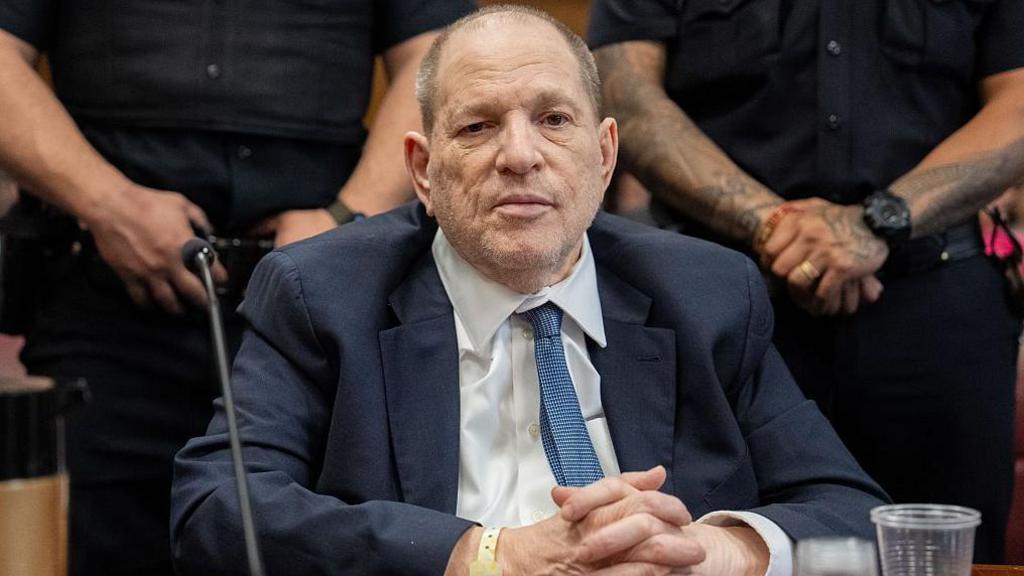The New York jury deliberating the fate of disgraced film producer Harvey Weinstein in his retrial on sex crime charges is reportedly facing internal conflict. Reports indicate jurors are engaging in verbal disputes and considering information outside the trial’s presented evidence.
Comprised of five men and seven women, the jury has spent three days weighing the evidence against Weinstein, whose 2020 conviction was overturned last year. The deliberations took a dramatic turn Monday morning when the foreperson sent a note to the judge stating, “I need to talk to you about a situation which isn’t very good.”
Subsequently, Weinstein’s legal team moved for a mistrial, a motion denied by the judge. Further details then emerged revealing the nature of the jury’s internal struggle.
Following discussions with legal counsel, Judge Curtis Farber met privately with the foreperson. According to a court transcript, the foreperson revealed that jurors were referencing Weinstein’s past actions beyond the scope of the trial evidence, attempting to sway opinions.
“They are pushing people, talking about his past,” the foreperson stated. The foreperson also described jurors as “not on the same page,” with some “attacking” others to influence their votes.
Judge Farber responded by instructing the jury to focus solely on the three specific charges under consideration. He emphasized that deliberations must be confined to “the three crimes” and only the evidence presented during the current trial.
This retrial stems from the overturning of Weinstein’s 2020 conviction due to concerns about procedural fairness. The appeals court decision highlighted the sensitivity around admitting evidence beyond the specific charges, a context that underscores the current jury’s difficulties.
These internal conflicts follow an earlier incident where a juror reported unprofessional conduct amongst colleagues, leading to a request to be dismissed—a request the judge refused. The jury also requested clarification on the concept of “reasonable doubt” and rules of deliberation, specifically regarding avoiding a hung jury.
While the jury concluded Monday without a verdict, they reported progress and requested access to evidence and coffee. The case centers on accusations from three women—a former television production assistant, an aspiring actress, and a model—who allege Weinstein exploited his Hollywood power to abuse them.
Weinstein, who has pleaded not guilty, faces potential life imprisonment due to a separate sex crimes conviction in California. His New York trial, and the accusations against him, are significantly linked to the #MeToo movement.
Miriam Haley, a former television production assistant, was the first accuser to testify in Weinstein’s retrial.
The retrial follows the overturning of Weinstein’s previous conviction.
Shiori Ito’s case highlighted Japan’s #MeToo movement.
Weinstein previously complained about jail conditions.
Reports indicate continued sexual abuse at a major fast-food chain.

